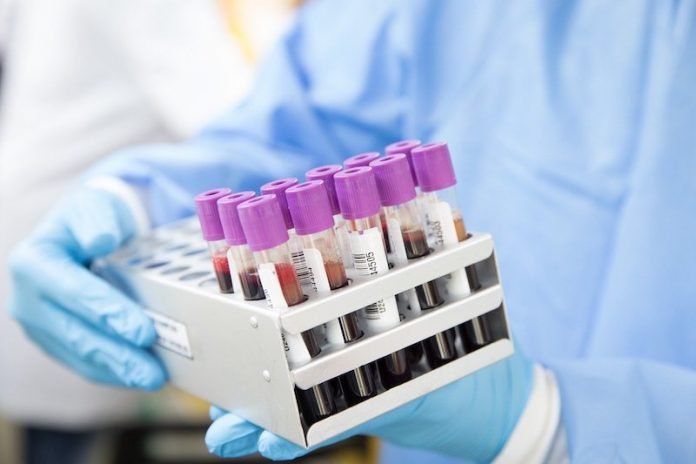
In a new study from Yale, researchers found more knowledge of how the body’s immune system fights the virus that causes COVID-19.
The exaggerated immune responses characterizing severe COVID-19 infection are not well understood.
In response to injury or infection, the immune system exhibits a coordinated response between its different components that eliminate the infection without harming the infected person.
In the current study, the team discovered that in patients with severe COVID-19, this coordination is lost, leading to uncontrolled amplification of the immune system.
They tested blood cells obtained from patients throughout disease progression, at early and late points of time in the disease in patients who were hospitalized but recovered, and in those with progressive COVID-19 who required hospitalization and eventually succumbed to the disease.
The team says the adaptive immune system, which attacks pathogens, and the innate immune system, which initially recognizes the infection, are supposed to be coordinated.
When they are not coordinated, the clearance of the virus is delayed, the infection is amplified, and the host immune response to the virus becomes dysregulated, which can be very dangerous for patients.
To develop therapies for severe COVID-19, researchers need to understand the immune response.
The findings from this study may allow the identification of new novel therapies.
If you care about Covid, please read studies about nasal vaccine that may help fight new viral variants, and drug that is effective in treating severe COVID-19.
For more information about health, please see recent studies that poorly managed diabetes increases risk of more severe COVID, and results showing that Omicron can be neutralized by a booster dose.
The study is published in Nature Communications and was conducted by Avraham Unterman et al.
Copyright © 2022 Knowridge Science Report. All rights reserved.



